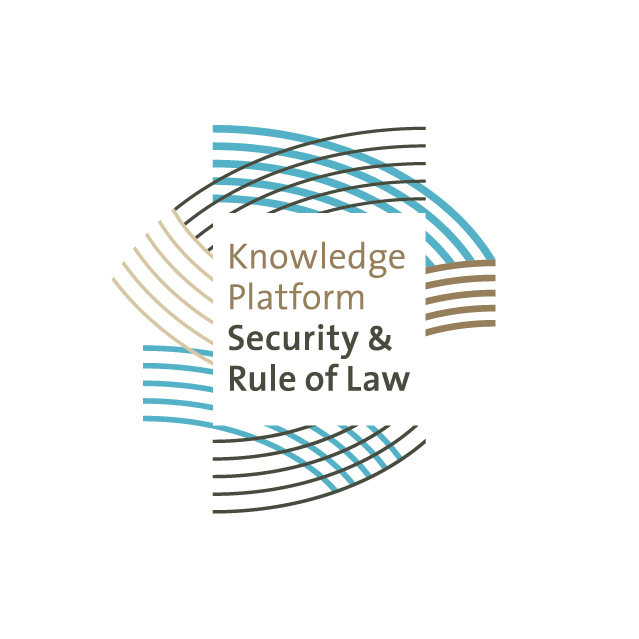Migratory flows within the Northern and Western Africa, as well as between Africa and Europe, have become a top priority for policymakers both in The Netherlands and abroad. On 1 November, the Platform Secretariat organized an Interactive Brainstorm exploring how migration management programs can respond effectively to the realities of migration and human smuggling and trafficking on the ground in Northern Africa and the Sahel region.
In surveying how migratory flows are currently affecting countries like Libya, Mali and Niger, a number of dilemmas for migration management policies are apparent. First, the majority of trans-region migration is intra-regional, rather than directed towards Europe. Second, evidence suggests that investment in border control drives the smuggling industries in the region. Third, criminal smuggling networks, and the proceeds generated through their operations, are sometimes substantially embedded in local and national politics.
What are the drivers of these migration flows? Overarching megatrends, such as climate change and irregular rain, push farmers out of the Sahel and elsewhere towards traditionally richer societies such as Libya. Additionally, violent conflict at home and, particularly, the lack of economic opportunities and a bleak future remain important drivers.
Migration and smuggling as development and empowerment
A key difficulty identified during the meeting was the substantial contribution to local and national economies generated through migrant smuggling. Migration is not only a protection strategy, but also a development strategy. Hotels, car mechanics, bus operators and other commercial businesses earn from migrants passing through. Simultaneously, security forces rely on revenue extracted from migrants at roadblocks and elsewhere to supplement their incomes. These practices are often institutional, rather than incidental: in one city a mayoral decree regulated distribution of profits from migration.
The challenge in managing migration is how to replace the income generated through smuggling. Smuggling is a tool for empowerment and financial gain in Libya, Mali and Niger. Without sustainable alternatives, particularly for youth, smuggling practices will continue, and securitized migration policies may only exacerbate the abuses that migrants suffer.
At a superficial level, actors in the smuggling economy want quick money. At a deeper level, however, smuggling networks are entrenched in the political economies in which they operate. Communities engage in smuggling as livelihood protection to cope in a tumultuous environment and social empowerment, for marginalized communities to reposition themselves in their societies.
Particularly in Libya, the smuggling economy is the glue that holds together much of the fragmented Libyan society. Indeed, violence between armed groups rarely affects the viability and continuity of smuggling routes – business comes first.
Migration and smuggling often provide a degree of stability in the region. The aforementioned smuggling economy provides jobs that prevent youth from being tempted by armed groups and terrorist organizations. Furthermore, for communities that rely on smuggling as an opportunity for empowerment, rooting out this trade could have devastating effects.
Lack of reliable data
The discussion accentuated the difficulty in collecting current and reliable data on almost all aspects of migration. Despite data collection from a number of NGOs, CSOs and others, it is nearly impossible to bring all this data together. There is a need for coordination between these actors to fill knowledge gaps that are crucial to seeing the whole picture in the region.
How can we move forward?
The discussion presented a number of takeaways that can inform how to enhance migration management strategies given the realities for migrants in these areas. First, the security approach to addressing migration, without taking into account the developmental and political aspects of the smuggling economy, will not work. Comprehensive strategies that simultaneously try to limit migratory flows and foster economic opportunities, both for migrants at home and for those living along migratory routes, may help to incrementally reduce the flows.
Second, it is absolutely essential for all actors to understand that stemming migratory flows entirely is nearly impossible. The inability of some actors to accept that migrants will almost always continue to move, particularly from countries where they lack opportunities, hinders the development of both effective and compassionate policies.
Third, there is a need to identify credible actors at all levels and at every points along migratory routes in order to better understand needs in each community and to develop sustainable policies that have supporting and implementing partners on the ground. These partnerships will also help to gain a more nuanced understanding of the issues the migrants, smugglers, bureaucrats, security forces and other actors must deal with. Part of this identification is also the ability to understand the way in which these actors themselves are part and parcel of the smuggling economies in their regions.
Finally, the human rights dimension of all policies and programs aiming to manage migration must be a priority. The abuses migrants suffer on their journeys and in arriving at their destination only serve to encourage onwards migration. Particularly in Libya, violations of human rights mean increased migratory flows to Europe. EU programs must continually assess the human rights impact of the policies adopted.


